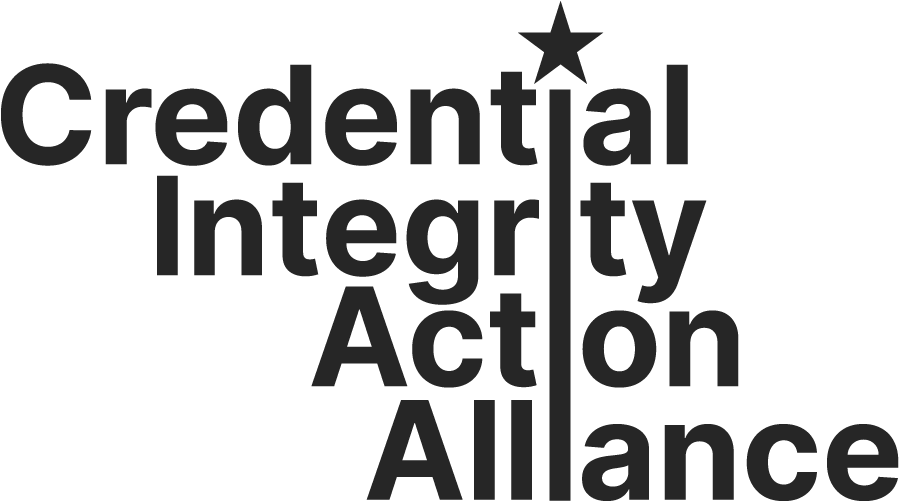The Credential Integrity Action Alliance is a non-profit dedicated to promoting and protecting integrity in academics, assessments, and credentialing.
FAQ
About CIAA
Is there a public value associated with education, assessments, and credentialing?
Absolutely. Education, assessment and credentialing collectively create a system of knowledge, skills and competency attainment, promote fairness, ensure accountability, and enhance trust. Together, they provide a foundation for a well-functioning and safe society and provide opportunities for economic prosperity and job mobility.
Why is academic, assessment, and credentialing integrity important?
Academic, assessment, and credentialing integrity are vital for earning and demonstrating knowledge, skills, and competencies, ensuring fairness for all test takers, maintaining trust, and protecting public safety. It is critical to preserve the value and usefulness of degree and workforce credentials. Without it, the validity and credibility of assessments, degrees, and credentials are seriously compromised and can put individuals at significant risk of personal and financial harm.
How is academic integrity harmed by commercial cheating services?
Commercial cheating services deliberately short-circuit the learning process and provide individuals who can afford to pay for those services with an unfair advantage. Academic integrity ensures the honest attainment of knowledge, supports critical thinking, maintains trust in education, and preserves the value of academic degrees. It also encourages personal responsibility and ethical behavior, which helps build a foundation for future success. Commercial cheating services undermine trust in the educational process and encourage a lack of personal accountability and unethical behavior. Cheating is never acceptable; building a business that encourages and profits from cheating should not be acceptable, either.
How are assessment and credentialing integrity harmed by commercial cheating services?
Commercial cheating services undermine the learning and credentialing process for unearned gain and provide those who can pay for those services with an unfair advantage. Assessment and credentialing integrity are critical to ensure test scores and credentials are valid and can be relied upon to make important life decisions, like admission to college, granting scholarships, hiring and promotion decisions, and granting licenses for engaging in professional practice. In the US, we use assessments and credentials to make sure individuals are competent to perform certain activities, like serving as a nurse, doctor, information security or cyber-security expert, or a cosmetologist or electrician. Integrity in assessments and in the credentialing process ensures fairness and protects public safety and welfare. Commercial cheating services intentionally undermine the public safety purposes of credentialing and licensure, which can seriously harm individuals, businesses and communities. Also, commercial cheating services, by their very nature, encourage and promote unethical behavior and lack of accountability. Cheating is never acceptable; building a business that encourages and profits from cheating should not be acceptable, either.
What does CIAA do?
CIAA is a non-profit association that actively seeks to change the laws around commercial cheating services and to provide education and guidance on cheating and tutoring. Contracting someone else to do your homework or to take your assessments is cheating. It’s never acceptable to cheat; promoting and selling cheating services for profit shouldn’t be acceptable, either.
How is CIAA funded?
CIAA is a 501(c) nonprofit organization funded through member contributions.
About Commercial Cheating Services
What are commercial cheating services?
Commercial cheating services (sometimes called contract cheating services) are businesses that are paid to help others violate academic integrity and circumvent assessment rules. They provide unauthorized assistance to test takers and students like writing essays or taking tests on their behalf. Commercial cheating services disadvantage honest test takers, undermine integrity, and jeopardize the public safety and welfare of individuals and businesses.
Is commercial cheating really a problem?
Yes. Commercial cheating is a serious problem that undermines the value of assessments, credentials and education. Commercial cheating services brazenly advertise online and prey upon vulnerable students and test takers. Commercial cheating services routinely fail to cooperate with educational institutions or testing programs who seek to address cheating. You can learn more here (link to the resources page that talks about google results).
What are some examples of commercial cheating services?
Commercial cheating services (sometimes called contract cheating services) are businesses that are paid to help others violate academic integrity and circumvent assessment rules. Commercial cheating services provide unauthorized assistance to test takers and students like:
- Essay mills: These commercial cheating services write essays or academic papers for students to submit as their own work for credit. Sometimes, these services offer pre-written or plagiarized work that students can pass off as their own. All of these activities short circuit the learning process and misrepresent work.
- Proxy cheating services: These commercial cheating services offer to provide a proxy, or surrogate, to take another person’s exam or even sit for an entire academic course on behalf of another person. Any scores or grades earned do not reflect the competencies or knowledge of the person registered for the test or class.
- Homework and “tutoring” services: These commercial cheating services claim to provide homework or tutoring help, but instead provide answers to questions or even entirely completed assignments. These services also sometimes provide unauthorized access to secure test content. These activities short circuit the learning process and misrepresent work and competencies.
- Exam cheating services: These commercial cheating services help students cheat on online exams by providing access to exam answers or offering unauthorized assistance during tests. These activities violate academic integrity and circumvent assessment rules. Any scores or grades earned on the exam do not reflect the competencies or knowledge of the person registered for the exam.
What does the CIAA model statute do?
The model statute can be found here. It prohibits promoting and selling commercial cheating services in the state in which the law has been passed.
Does the model statute punish students and test takers?
No, the model statute does not address students and test takers who use these services. It is aimed at the commercial cheating services who try to prey on vulnerable individuals and encourage dishonesty.
Does the model statute prohibit honest tutoring?
No, the model statute does not prohibit tutoring. Tutoring is a legitimate and ethical educational practice that helps a person improve their understanding of a subject or prepares them for exams. What is prohibited are commercial cheating services, which for a fee share test questions or answers in advance or otherwise seek to help students and test takers deceive the system. Commercial cheating services, for example, may provide a person with academic papers or take a person’s test, so that another person can gain an unfair advantage and in violation of ethical academic, assessment, and credentialing standards and rules.
What’s the difference between honest tutoring and commercial cheating services?
Tutoring focuses on teaching and learning, while commercial cheating services are designed to help students and test takers deceive the system and undermine the educational, assessment, and credentialing process.
About CIAA’s model legislation
Does the model statute punish students and test takers?
No, the model statute does not address students and test takers who use these services. It is aimed at the commercial cheating services who try to prey on vulnerable individuals and encourage dishonesty.
Does the model statute prohibit honest tutoring?
No, the model statute does not prohibit tutoring. Tutoring is a legitimate, ethical educational practice that helps a person improve their understanding of a subject or prepares them for exams. What is prohibited are commercial cheating services, which for a fee share test questions or answers in advance or otherwise seek to help students and test takers deceive the system. Commercial cheating services, for example, may provide a person with academic papers or take a person’s test, so that another person can gain an unfair advantage and in violation of ethical academic, assessment, and credentialing standards and rules.
What’s the difference between honest tutoring and commercial cheating services?
Honest tutoring focuses on teaching and learning, while commercial cheating services are designed to help students and test takers deceive others and undermine the educational, assessment, and credentialing process.
Does CIAA’s model legislation target individuals who use commercial cheating services?
No. The model statute is not about punishing students or test takers, it is about prohibiting the business entities that are targeting vulnerable individuals for a fee and intentionally completing work for credit on behalf of others.
How are students or test takers who use commercial cheating services addressed?
The model statute does not address the students or test takers who use commercial cheating services. It targets the commercial cheating services that seek to profit from vulnerable students and prey on their anxieties. Colleges, universities, testing programs, and licensure boards have their own processes for addressing individuals who engage these services or in other types of behavior that impacts integrity and score validity.
How does CIAA work with legislators?
CIAA’s lobbyist works with legislators who value integrity to introduce the model statute. CIAA leadership may be asked to provide expert information or testimony.
Have any legislators shown interest in the model statute?
Yes. Legislators in Missouri and Georgia have introduced bills based on CIAA’s model statute and several others have shown interest in introducing the bill as well.
How to support CIAA
How can I support CIAA?
Please support CIAA by becoming a member. As a member you can help us promote initiatives and lobby for legislative and policy changes that prevent commercial cheating and cheating-for-hire services from undermining academic and credential integrity in the United States.
Who can become a member?
Membership is open to all individuals, academic institutions, organizations that publish and administer assessments, and related associations that support the Alliance’s mission.
How do I become a member?
To get started, simply complete this Membership Application & Pledge Form: Membership Application & Pledge Form. Once submitted, your application will be reviewed by our current members, who will notify you about your acceptance into the organization. We look forward to welcoming you!
How can I volunteer?
CIAA welcomes your help. If you are eligible to be a member, you are also eligible to volunteer. Contact us at info@credentialintegrity.
How can I help with CIAA’s efforts?
Contact the individuals who have already introduced this legislation and your elected representatives to share your support.


